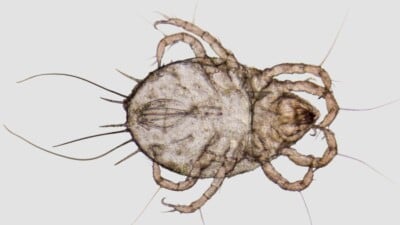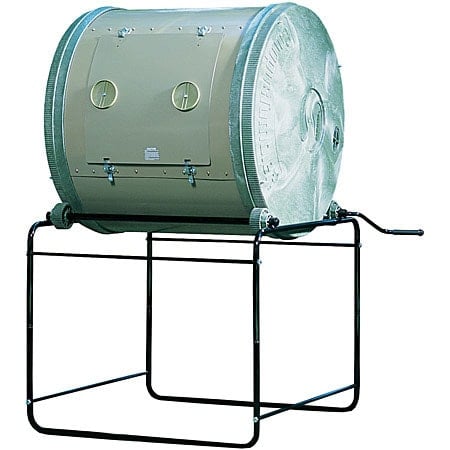Getting Started
Start composting now! It’s easy to pile yard and garden waste and then let it sit for a few months as it becomes a perfect, organic superfood for your garden. It’s not magic, but it’s pretty close.


Best product
for Mixing the Pile
Aerator (ICA-36)
An easy and effective way to mix and add oxygen to the pile without heavy lifting.
$29.95Learn moreBefore starting this amazing process, you’ll need to make four basic choices about the system: will it be indoors or outdoors, hot or cold, aerobic or anaerobic, and finally, will it be a batch system or a continuous one.
If this seems a bit overwhelming, bear in mind that you may have made half these decisions already. When most people decide to start composting at home, they’re talking about an outdoor bin, and whether they know the term or not, they want an aerobic process, since it’s quick and odorless. If you start off wanting a hot pile, all the other choices are already made: it’s going to be an outdoor, aerobic, batch system. (There are kitchen composters for indoor hot composting.)
Each of the options is outlined in the page on Composting Types, along with links to pages with more information. At the end of that page there’s a graph that lets you see how the different criteria match up with each other. Consult it to see if a hot system can be operated indoors or outdoors, if it involves aerobic or anaerobic bacteria and if it requires a batch or a continuous system.
Once those basic decisions are made, it’s time to get more specific. Suppose you’ve decided to compost outside. Do you want to build a pile, or bury your waste in the garden? If you have primarily kitchen waste and grass clippings to dispose of, perhaps an anaerobic digester would be best. If you’re in an apartment and you’re looking for a way to dispose of kitchen waste, you’ll want to check out the various indoor systems. The Composting Systems page gives an overview of each of these possibilities; each is discussed in more detail on the pages devoted to Building A Compost Pile, Compost Digesters, and Kitchen Composting.

Benefits of Adding Compost to Your Garden
- improves soil structure in all soils, and therefore
- improves water retention in loose, sandy soils;
- improves drainage in heavy, clayey soils;
- prevents the soil surface from crusting, easing the emergence of seedlings;
- resists compaction, making it easier for roots to penetrate the soil;
- helps balance pH, making alkaline soils more acidic and acidic soils more alkaline;
- provides a good environment for the microbes, earthworms, and insects that break down soil constituents into plant nutrients;
- nourishes microbes that protect against some plant diseases;
- reduces the need for other soil amendments and for fertilizer;
- provides many micronutrients and low levels of macronutrients;
- raises the cation exchange capacity (CEC) of soil, which means that it also
- improves soil retention of nutrients, thus increasing the amount of time they are available to plants;
- slows the leaching of nutrients, thus preventing them from reaching and polluting water;
- encourages healthy plants, thus reducing the need for pesticides and fungicides.
Benefits to the Environment
- reduces the amount of garbage in landfills, and therefore
- reduces the greenhouse gases produced by hauling garbage;
- reduces the amount of methane produced by landfills;
- helps prevent runoff and soil erosion;
- helps remediate (decontaminate) polluted soils, binding some contaminants in the soil and increasing plant uptake by others, allowing their removal from contaminated sites;
- reduces the need for environmentally damaging pesticides and fertilizers.













